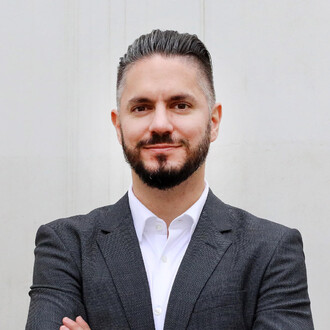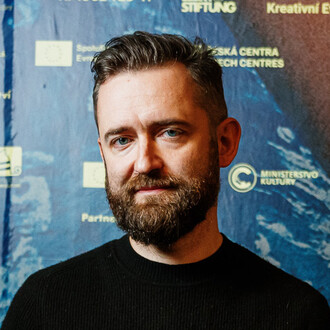More and more often – both on the street and online – we witness aggression, hatred, and violence permeating our relationships, schools, and public spaces, affecting children and adults alike. This process, which we can call radicalization, is the topic of a panel discussion that will focus on why it occurs and how we can deal with it – from the perspective of parents, teachers, young people, voters, and politicians. We will ask how politics, language, and public communication are becoming radicalized, and what role the media and cultural narratives play in this. Can they open up space for understanding, or do they deepen divisions and thus radicalization?
Radicalization, Violence and Extremism
panel debate
Czech, English
Related content

capitalism
media
video games
Liberating Media Culture From the Vocabulary of Late Stage Capitalism
Liberating Media Culture From the Vocabulary of Late Stage Capitalism Total Refusal
essay
capitalism
media
video games
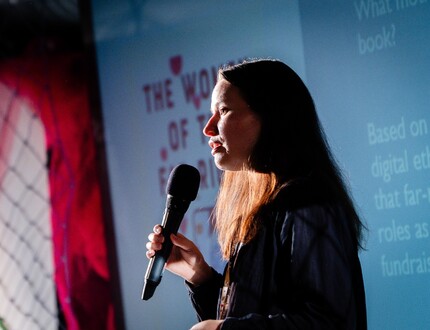
radicalization
women
social media
The Womanosphere
Eviane Leidig
Marie Heřmanová
Lenka Vochocová
radicalization
women
social media
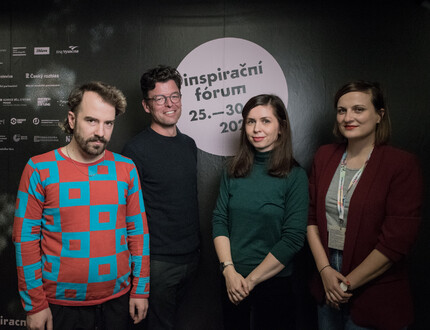
Internet
social media
technology
Moving Online
Marie Heřmanová
Kateřina Smejkalová
Leonhard Müllner
Daniel Leisegang
Internet
social media
technology
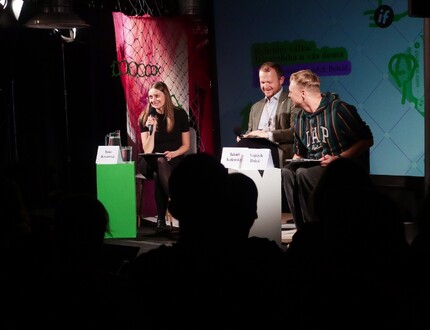
social media
war
Ukraine
Hybrid War
Jana Karasová
Vojtěch Boháč
Jakub Kalenský
social media
war
Ukraine

radicalization
technology
“An algorithm doesn’t wake up in the morning with the plan to radicalise Little Johnny,” says anthropologist Marie Heřmanová
“An algorithm doesn’t wake up in the morning with the plan to radicalise Little Johnny,” says anthropologist Marie Heřmanová Marie Heřmanová, Petr Bittner
interview
radicalization
technology

Radicalization, Violence and Extremism
Miloš Gregor
Jan Charvát
Matouš Hrdina
